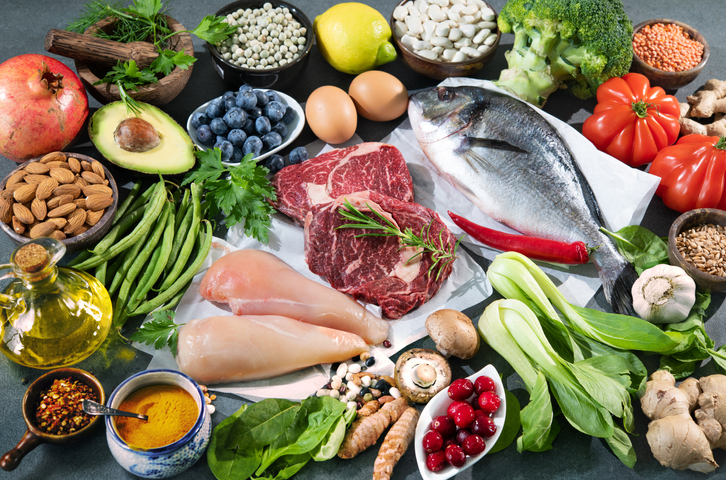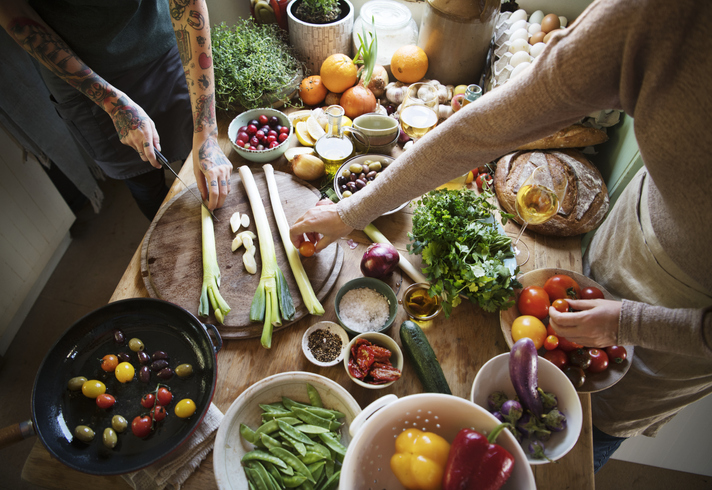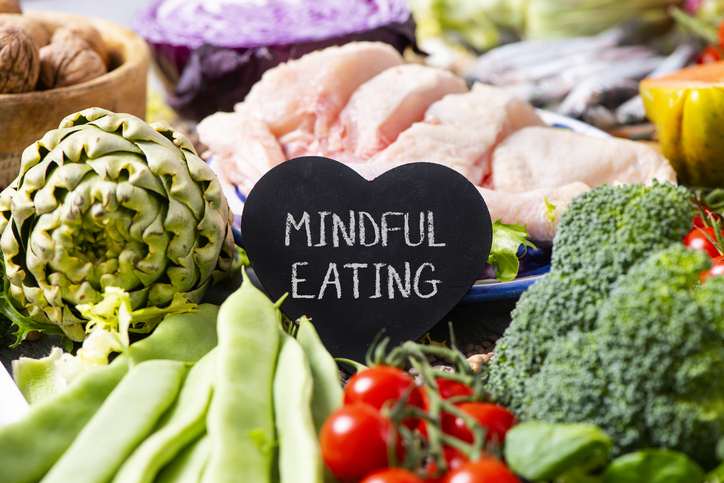
The coronavirus pandemic can be a time of stress and uncertainty for many people. Unfortunately, this can mean a consolidation of unhealthy nutritional habits. Lethargy, anxiety, and a disruption of routines can result in overeating, underhydrating, and making unhealthy food choices.
Professionals in a nutritionist career know just how important nutrition is to our lives. What human beings eat and drink underlie every function of the body. Nutritionists also know what habits help people get their nutritional regimens under control, even during times of stress. Read on to learn three nutritional habits nutritionists can teach others to practice during the coronavirus pandemic.
Nutritionist School Graduates Know the Importance of Staying Hydrated
Though a balanced diet may be the first thing that people think of when considering nutrition, hydration is one of the most important nutritional practices. The adult human body is composed of 50-60% water (Chumlea et al, 1999), and this necessary fluid performs many essential functions, including regulating body temperature, lubricating joints, protecting sensitive tissues, and removing waste (“Drinking Water”, n.d.).
Because many people have experienced a change in routine due to the coronavirus pandemic, their hydration habits may have shifted. Even if a person is stuck at home most of the time and exerting less energy, it’s vital that they continue to adequately hydrate. Graduates of a nutritionist school would tell the people in their life to drink between 9 to 12 cups of water a day (Rideout, n.d.), and to be aware of the signs of dehydration. These symptoms include fatigue, dizziness, confusion, thirst, and less frequent urination (Rideout, n.d.).
Encourage Clients to Limit Take-out and Enjoy Home-Cooked Meals Instead
Some of the defining characteristics of the coronavirus pandemic are the self-imposed social isolation measures taken to flatten the curve of transmission. Many businesses have closed or substantially limited the services they offer to customers. Hungry people who don’t have the energy or means to cook for themselves need not starve, as even the most cautious of restaurants continue to provide take-out services. However, eating too much take-out can have a negative impact on nutrition.

Professionals who take the steps to become a nutritionist know just how unhealthy take-out food can be. The high amount of processing some restaurant foods undergo render them energy-dense, but low in essential micronutrients (Aggarwal et al, 2019). By being mindful of the amount of take-out food purchased during the pandemic, two issues can be addressed simultaneously: being safer about coronavirus contamination and eating healthier. Fresh home-cooked meals are preferable, as these foods are less processed and higher in nutrients.
Tell Clients to Substitute Snacks with Healthier Alternatives
In general, snacking is a normal, healthy behaviour. However, there are situations in which snacking can be harmful to a person’s nutritional regimen. Stress, boredom, and anxiety are factors that may make a person want to snack more than usual, or in unhealthy ways (Vankoughnet, 2012). Because of the pandemic, these feelings may be afflicting people more than usual.

Nutritionists know there are methods people can use to snack in healthier ways. One of the methods of achieving healthier snacking is to avoid snacking while doing something else. Distracted eating while surfing the internet or watching TV is appealing, but can result in overeating (LeWine, 2013). Eating slowly and enjoying the snack like any other meal can make snacking healthier. It’s also important to try and aim for healthy snacks, like whole grains, unsalted nuts and seeds, and fresh fruits and vegetables. Consuming foods high in protein or fiber makes them take longer to digest, thus satisfying hunger (Leiva, 2019).
Do you want to enroll in a nutritionist course?
Contact Rhodes Wellness College for more info!
Works Cited
Chumlea, C. et al (1999). Total body water data for white adults 18 to 64 years of age: The Fels Longitudinal Study. Kidney International. 56(1), 244-252 https://www.sciencedirect.com/science/article/pii/S0085253815462829
“Drinking Water” (n.d.). Water & Nutrition. Centers for Disease Control and Prevention.
https://www.cdc.gov/healthywater/drinking/nutrition/index.html
Rideout, S (n.d.). How Much Water Should You Drink to Stay Hydrated? Reader’s Digest Canada.
https://www.readersdigest.ca/health/healthy-living/how-much-water-should-you-drink/
Aggarwal, A. et al (2019). Characterizing Ultra-Processed Foods by Energy Density, Nutrient Density, and Cost. Frontiers in Nutrition. 6(70). https://www.ncbi.nlm.nih.gov/pmc/articles/PMC6558394/
LeWine, H. (2013). Distracted eating may add to weight gain. Harvard Health Blog. https://www.health.harvard.edu/blog/distracted-eating-may-add-to-weight-gain-201303296037
Vankoughnet, K. (2012). Top 5 Reasons Why We Snack. Canadian Living.
https://www.canadianliving.com/health/nutrition/article/top-5-reasons-why-we-snack
Leiva, C. (2019). 8 tips for cutting unconscious snacking, according to experts. Insider.
https://www.insider.com/how-to-stop-snacking-too-much-2019-1#increase-your-water-intake-6









